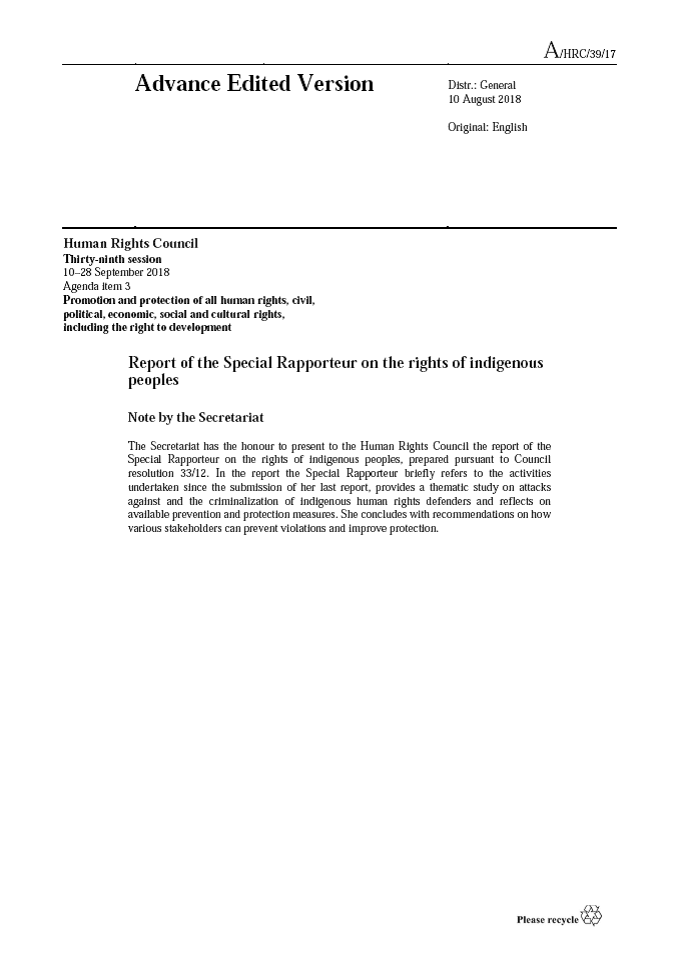Zambia’s peasants at risk of becoming squatters on their own land – UN expert warns
The push to turn commercial large-scale agricultural into a driving engine of the Zambian economy, in a situation where the protection of access to land is weak, can risk pushing small-holder farmers and peasants off their land and out of production with severe impacts on the people’s right to food,” Ms. Elver said at the end of her first official visit to the country





